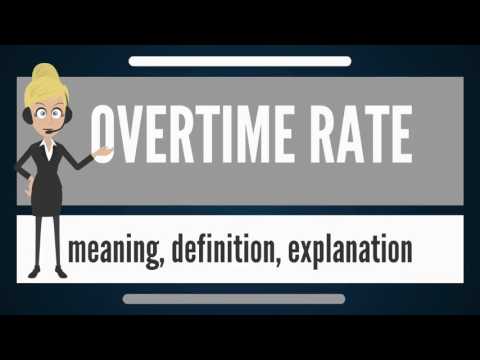Content

The Income Tax Course consists of 62 hours of instruction at the federal level, 68 hours of instruction in Maryland, 80 hours of instruction in California, and 81 hours of instruction in Oregon. Additional time commitments outside of class, including homework, will vary by student. Additional training or testing may be required in CA, OR, and other states. This course is not open to any persons who are currently employed by or seeking employment with any professional tax preparation company or organization other than H&R Block.

Registration does not imply a certain level of skill or training. Certain sections of this blog may contain forward-looking statements that are based on our reasonable expectations, estimates, projections https://quick-bookkeeping.net/goodwill-as-an-intangible-asset/ and assumptions. Past performance is not a guarantee of future return, nor is it indicative of future performance. The value of your investment will fluctuate and you may lose money.
Don’t risk a tax audit. Here are four reasons the IRS may flag your return
Contact the issuer of that 1099 and ask them to report a corrected form to the IRS. So, when it’s time to begin preparing and filing your taxes, keep in mind that audits happen. What’s more, your last three tax returns are subject to scrutiny.
Field audits are defined as in-person audits conducted at the organization’s location, the organization’s representative office, and/or at the local IRS office. Examiners at the correspondence and office levels aremuch less invasive. The examining agent is required to process many cases without much familiarity with the return itself. Advisory services are provided for a fee by Empower Advisory Group, LLC (“EAG”). EAG is a registered investment adviser with the Securities and Exchange Commission (“SEC”) and subsidiary of Empower Annuity Insurance Company of America.
Audit Hearings
Tax audits can result in no corrections or corrections with a taxpayer either owing more or being entitled to a larger refund—although the latter is rare. Self-employment means you may have irregular income or that—instead of reporting income—you’re reporting business losses. If your self-employment returns show any unusual patterns with income or losses, the IRS may want to check that your tax reporting is accurate. Taking deductions can help to reduce your taxable income for the year and potentially increase your refund. But if it looks like you’re taking deductions you aren’t entitled to—or your deductions seem unusually high—that might prompt the IRS to review your return. While you might assume you can’t be audited if you’ve already received money back from your taxes, that’s a misconception.
But, it’s often far easier to resolve your issues by timely responding to their inquiry. Most people who receive a letter or notice from the IRS only need to respond to a few questions. The DIF is a scoring system that compares returns of peer groups, based on similar factors such as job and income. The IRS uses a system called the Discriminant Information Function to determine what returns are worth an audit. In fact, Zinman says, one of the most enduring tax audit myths holds that an audit is a common occurrence.
The Auditing Process
Remember, IRS is getting more money for audits, with $45.6 billion of its $80 billion in extra funding over 10 years dedicated to enforcement activities and collection measures. The Treasury Department and the IRS say that the enforcement funds will be used in part to How Far Back Can The Irs Audit You? New 2021 audit more high-net-worth individuals and pass-through entities, such as LLCs and partnerships, among other taxpayers. Treasury officials have made a big promise, saying that taxpayers earning under $400,000 won’t see increased audit rates relative to recent years.
How much does it cost to get an audit from the IRS?
If charged as a flat fee, your total tax audit representation cost could be anywhere between $2,500 and $10,000 per tax year under examination. It may go even higher if your case goes to the U.S. Tax Court.
Failing to report all your income is one of the easiest ways to increase your odds of getting audited. The IRS receives a copy of the tax forms you receive, including Forms 1099, W-2, K-1, and others and compares those amounts with the amounts you include on your tax return. If they are not the same, there is a good chance you’ll be audited. In small business audits, IRS auditors spend more time looking at records, such as bank accounts, websites, and client accounting records to determine whether the business reported all of its income. This adds time to the audit – and for businesses that deal in a lot of cash, it can add months if the IRS thinks the business didn’t report all of its income.